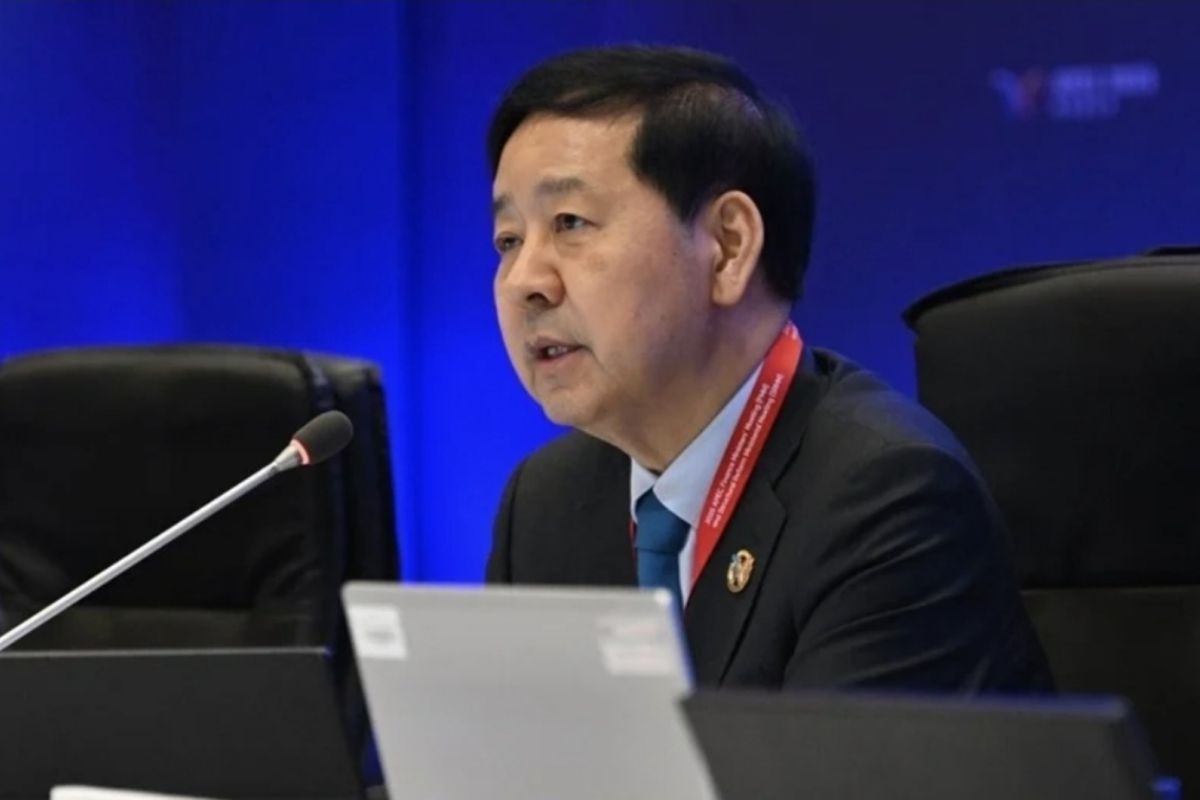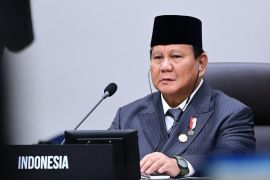"We are at a true inflection point, one that future generations may describe as before AI and after AI," said Deputy Prime Minister and Minister of Economy and Finance Dr Koo Yun Cheol, at the APEC Structural Reform Ministerial Meeting in Incheon on Thursday.
"How we harness the opportunities of this technology will depend entirely on us," he added in a statement on APEC's website on Thursday.
He emphasized the need for coordinated reforms to modernize laws, institutions, and policies, enabling innovation and balanced growth. Dr. Koo also urged faster AI adoption through regulatory reform, talent development, and digital infrastructure.
"Reform is never easy," Dr Koo added. "But in this era of transformation, it is a responsibility we must fulfill to ensure sustainable prosperity for our region."
Against this backdrop, he outlined a targeted approach to structural reform to meet evolving realities.
He outlined a targeted approach to reform, calling for stronger policy coordination to build more integrated markets and reaffirming the commitment to the Fourth APEC Ease of Doing Business Action Plan, which aims for a 20 percent improvement across five key areas by 2035.
Stressing the urgency of digital transformation, Dr. Koo urged member economies to accelerate AI adoption through regulatory reform, talent development, and investment in digital infrastructure.
He also emphasized the need for reforms that expand opportunities for youth and older workers, empower women, support small businesses, and reinforce social safety nets.
“To ensure regional prosperity, it is essential that all people benefit from the opportunities created by economic growth,” he said.
Ministers discussed how structural reforms can improve connectivity, promote fair and competitive markets, and broaden participation in the formal economy—particularly for youth, women, older workers, and small enterprises.
APEC Secretariat Executive Director Eduardo Pedrosa also addressed the meeting, underscoring the importance of reform during both economic downturns and periods of strength.
“Structural reform is a continuous process that shapes the institutions and policies within which our markets operate,” Pedrosa said.
“As we prepare to launch the next phase of APEC’s reform agenda—the Strengthened and Enhanced APEC Agenda for Structural Reform (SEAASR)—let us use these insights to design reforms that are agile, effective, inclusive, and future-ready.”
“Each member’s individual efforts, combined with our collective initiatives, will continue to enhance the competitiveness of the APEC region,” he concluded.
Related news: APEC ministers unite to drive digital and AI innovation
Related news: APEC finance ministers push fiscal coordination amid digital shift
Reporter: Katriana
Editor: Aditya Eko Sigit Wicaksono
Copyright © ANTARA 2025











